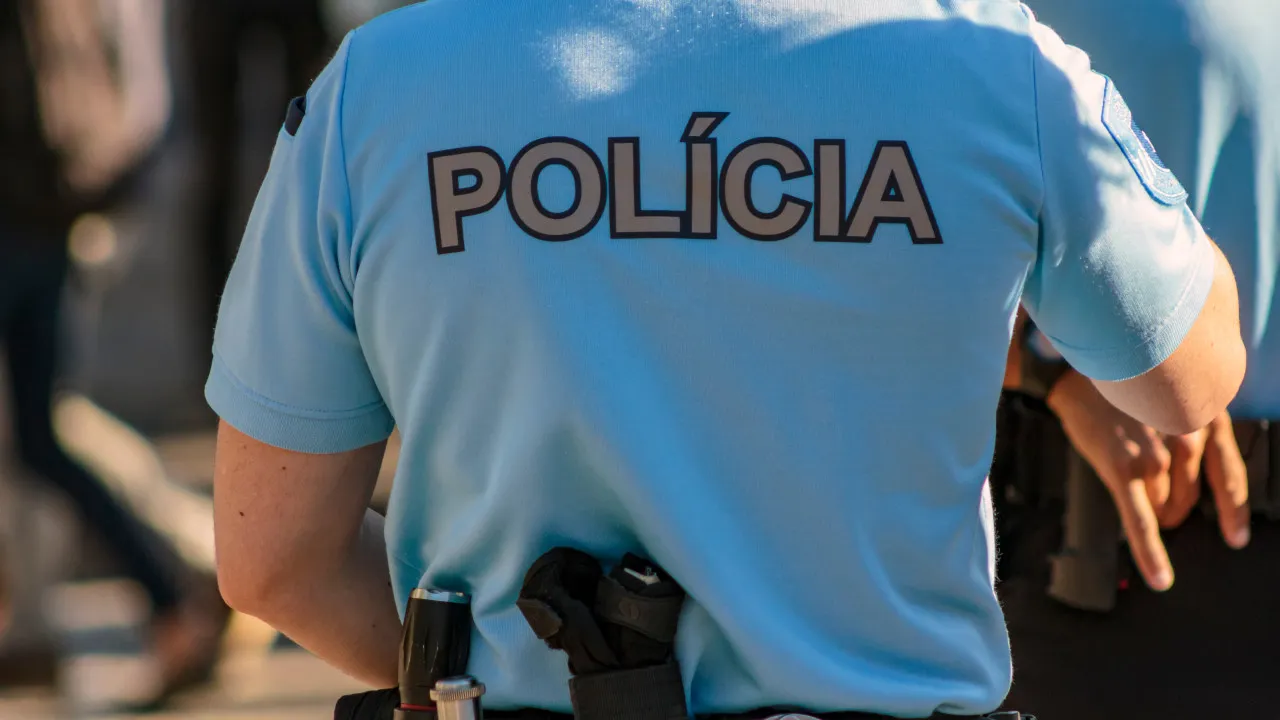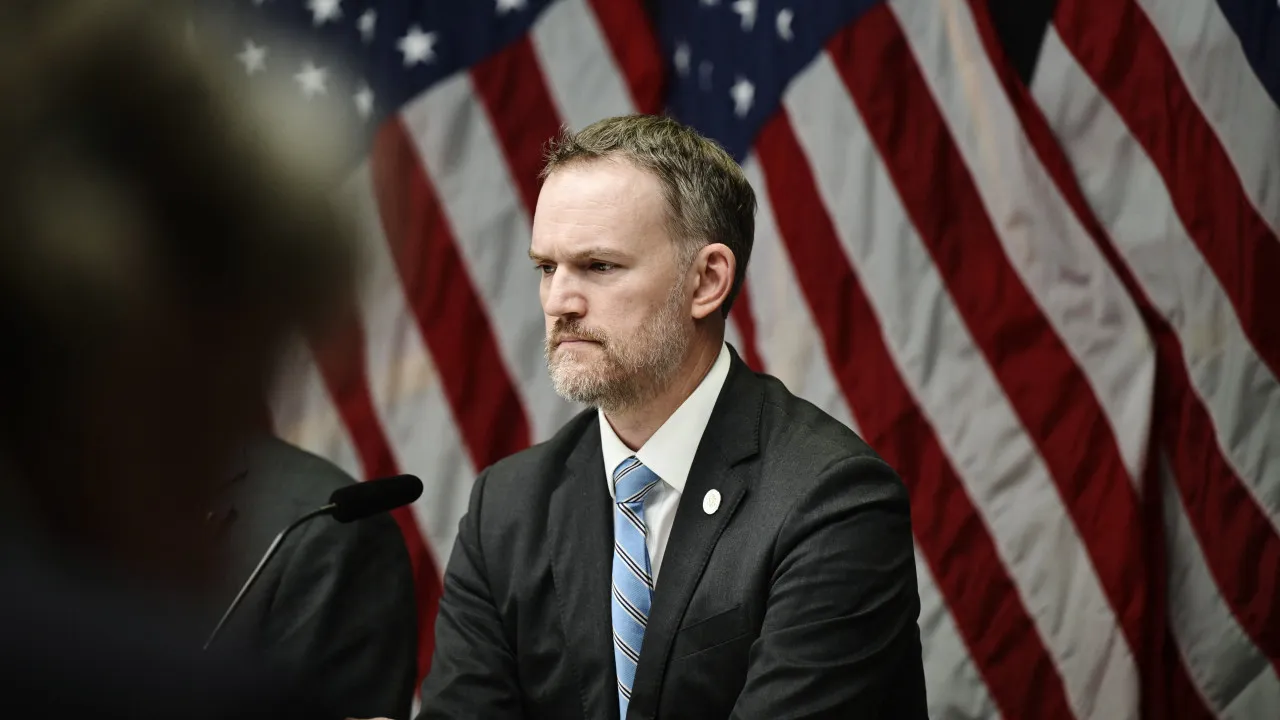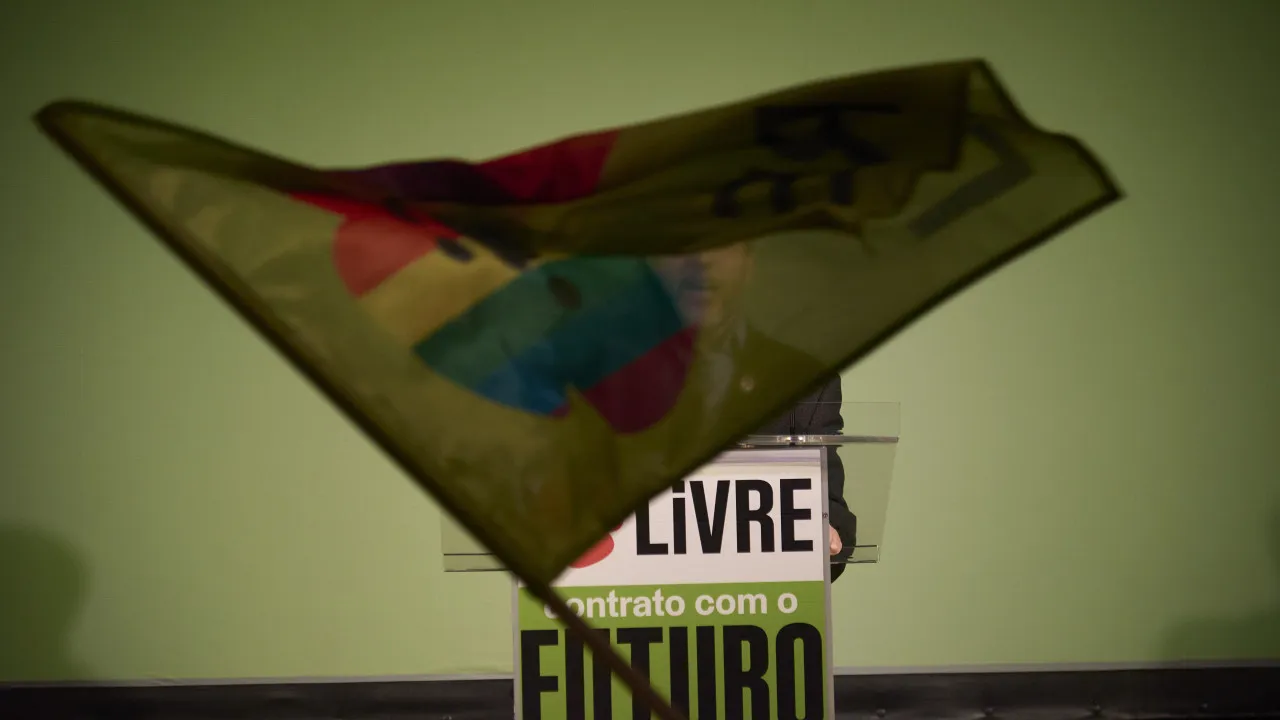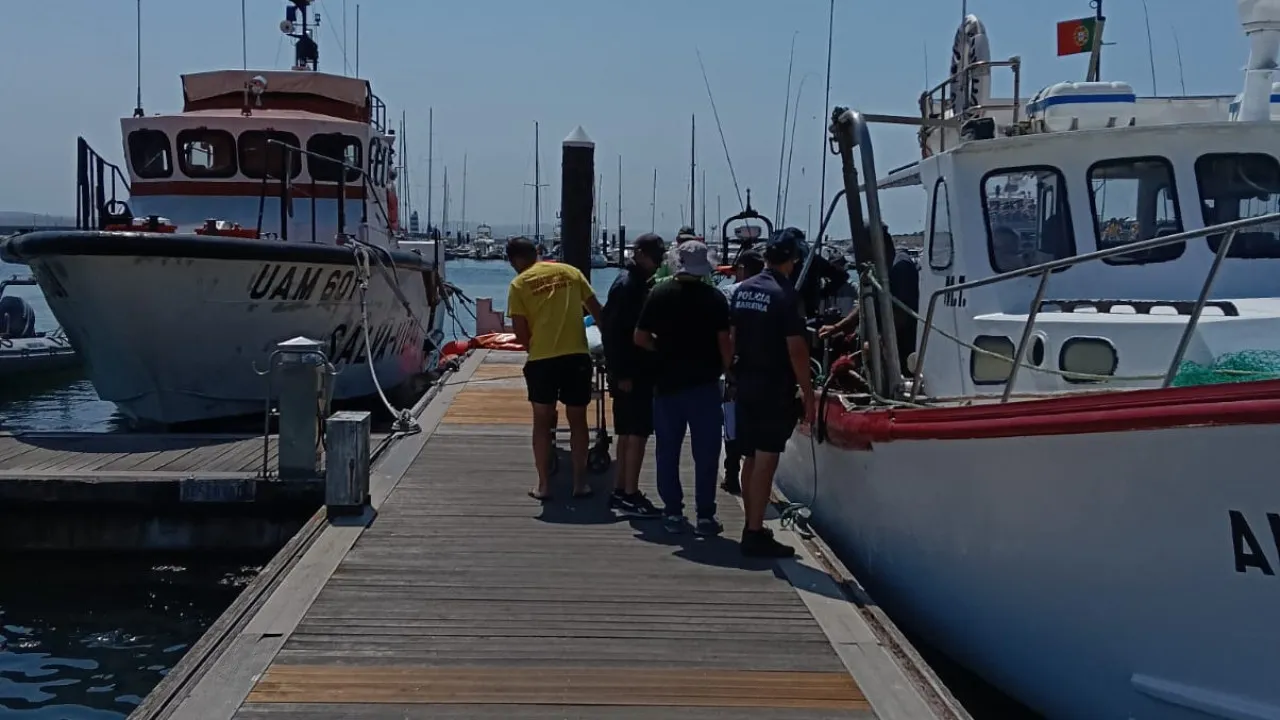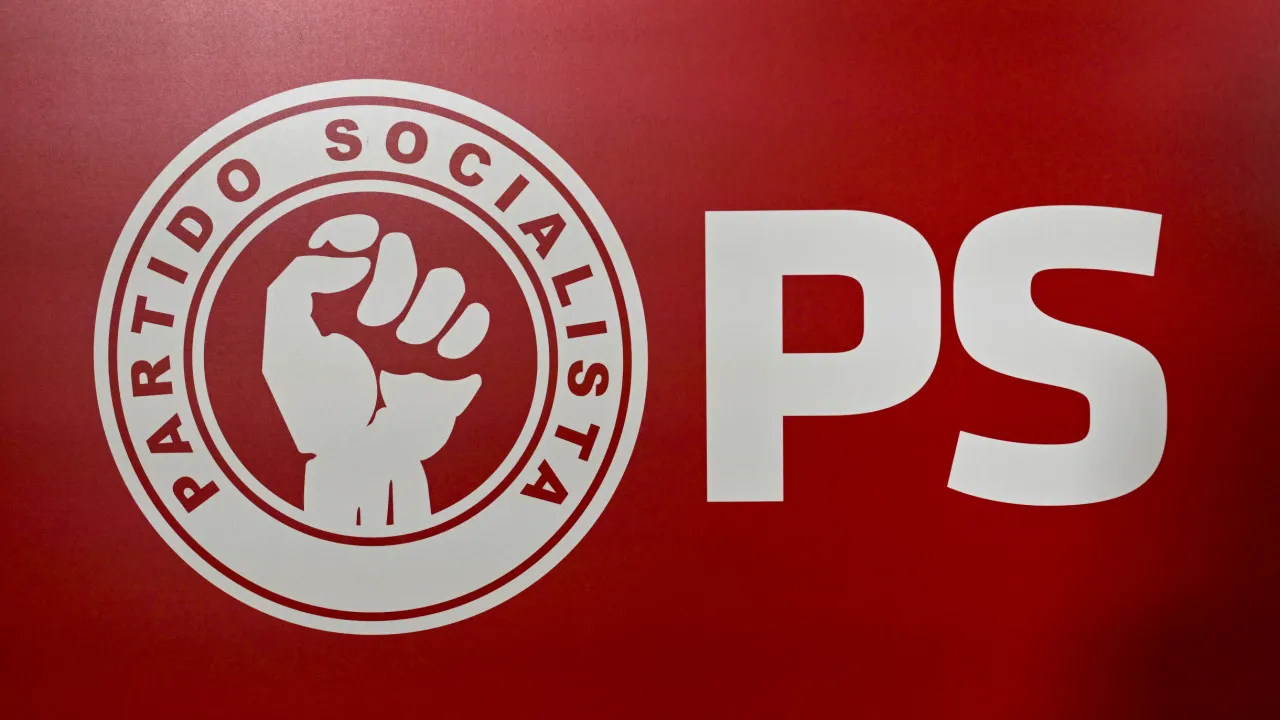
When the country went to the polls for the last local elections in 2021, the situation for the PS was considerably different, being led by António Costa in government at the time. The party emerged victorious by securing 149 municipalities, including one in coalition with Livre, 1285 parish presidencies, and 163 municipal assembly leaderships.
Four years later, José Luís Carneiro now leads the PS after succeeding Pedro Nuno Santos following a significant defeat in the early legislative elections in May. The party is currently out of the executive government and has fallen to the third position in parliament, making these local elections a challenge.
“Our aim is for people to continue seeing PS as the main Portuguese local party, offering the best projects to meet the territories and populations’ needs with the best leaders to develop this strategy,” stated André Rijo, the local coordinator, to the Lusa agency.
The PS aspires to continue leading the ANMP and ANAFRE but faces the challenge posed by term limits affecting 47 mayors, including those from Sintra, Valongo, Torres Novas, and Guimarães.
The local coordinator mentioned that only three municipalities remain unresolved, with the PS making all necessary efforts to present its candidates, while the electoral map for the rest of the country is already settled.
The PS is set to lead 13 coalitions, support nine citizen movements, and enter the remaining municipalities independently on their lists, with the only exception being Vizela.
In Vizela, local members unanimously decided against presenting a candidate or supporting anyone, following the national PS’s decision to withdraw support from the incumbent mayor, Victor Hugo Salgado, due to allegations of domestic violence.
Although it remains the primary local party, the PS presides over only four district capitals (Leiria, Viana do Castelo, Vila Real, and Beja) and is not in leadership positions in Lisbon or Porto, for instance.
Thus, the PS adopts an “additional set of goals” aiming to win some district capitals, with André Rijo emphasizing the “strong bets” made by the party with figures “who have proven their political capacity.” This includes Alexandra Leitão in Lisbon, Manuel Pizarro in Porto, Ana Mendes Godinho in Sintra, Ana Abrunhosa in Coimbra, and Carlos Zorrinho in Évora.
The party’s decision, during Pedro Nuno Santos’s leadership, to prevent local election candidates from running on the lists in the early legislative elections “enhanced the PS’s approach to these elections,” according to André Rijo.
For Rijo, this demonstrates a “local commitment to having full-time candidates in the territories,” something he argues sets the PS apart from parties like PSD and Chega.
The 13 coalitions led by the PS include Lisbon, Braga, Sintra, Coimbra, Oeiras, Felgueiras, Póvoa de Varzim, Trofa, Albufeira, Ponta Delgada, Celorico de Basto, Seixal, and Fronteira.
The National Political Committee decided that any coalitions must be led by the PS and cannot include right-wing parliamentary parties, emphasizing that negotiations should be “from bottom to top and not top-down.”
In terms of supporting citizen movements, the socialists opted to do so in nine municipalities: Aguiar da Beira, Pinhel, Batalha, Caldas da Rainha, Santiago do Cacém, Boticas, Armamar, Ribeira Brava, and São Vicente.

